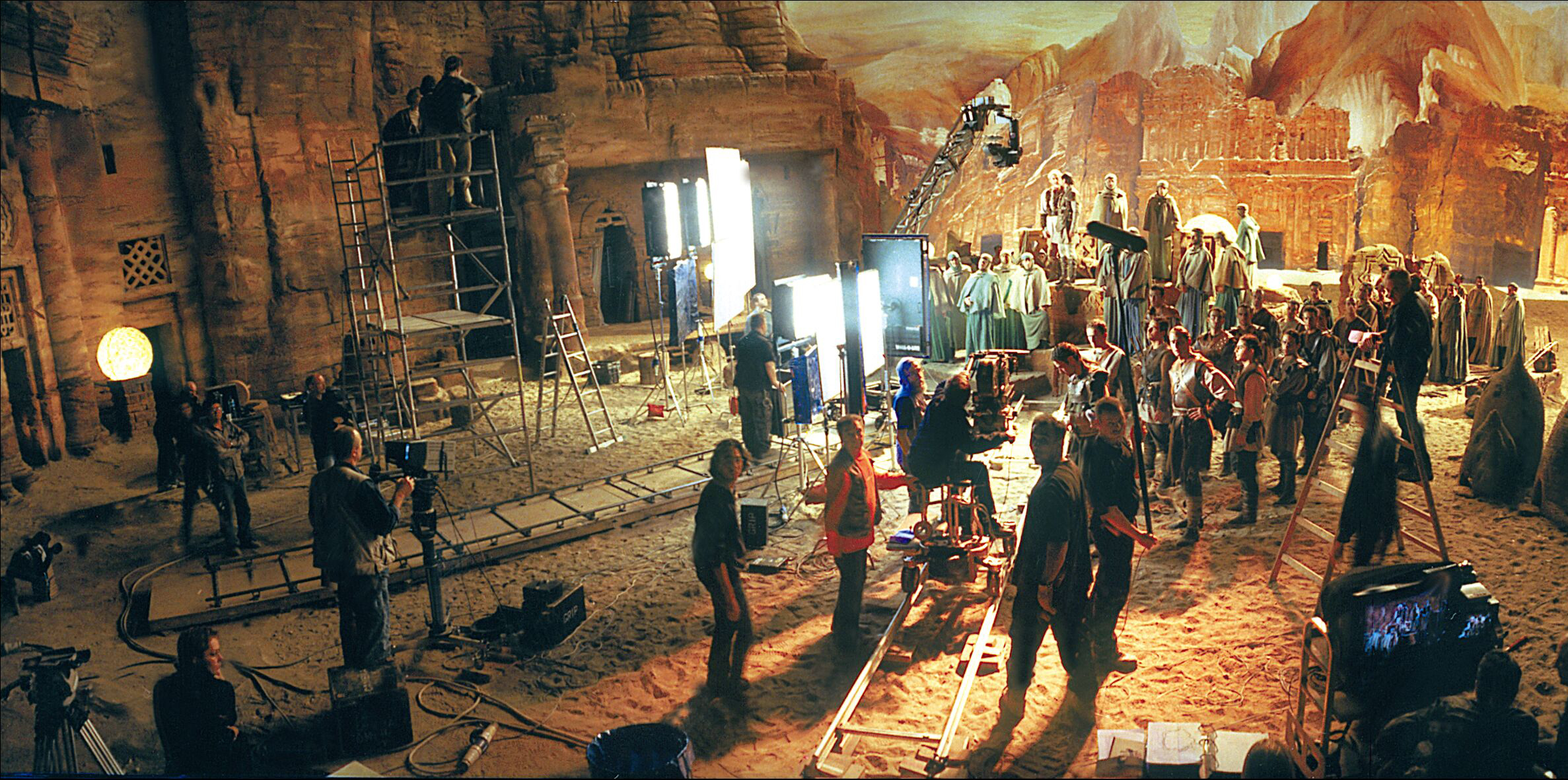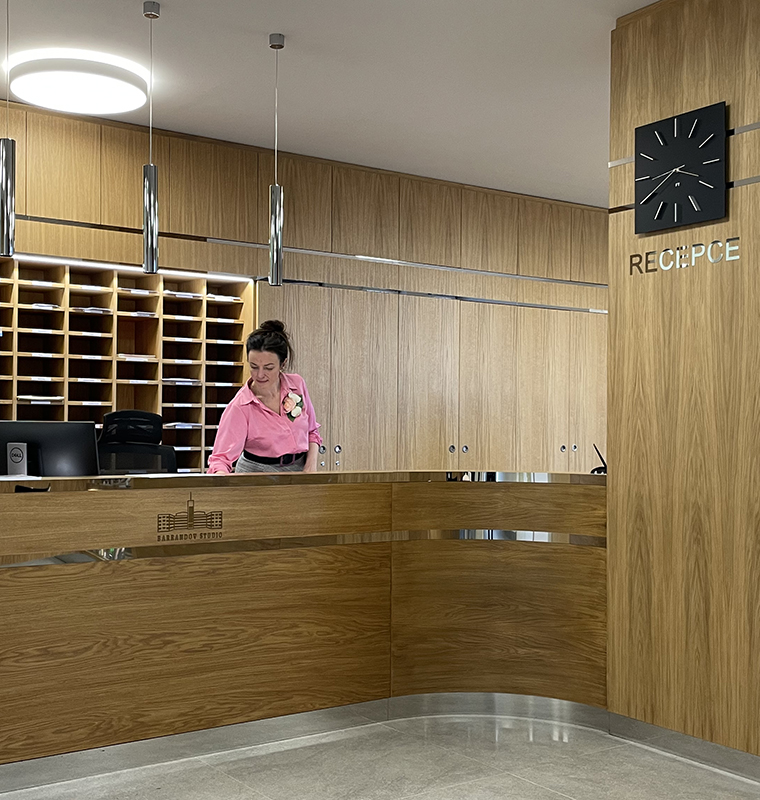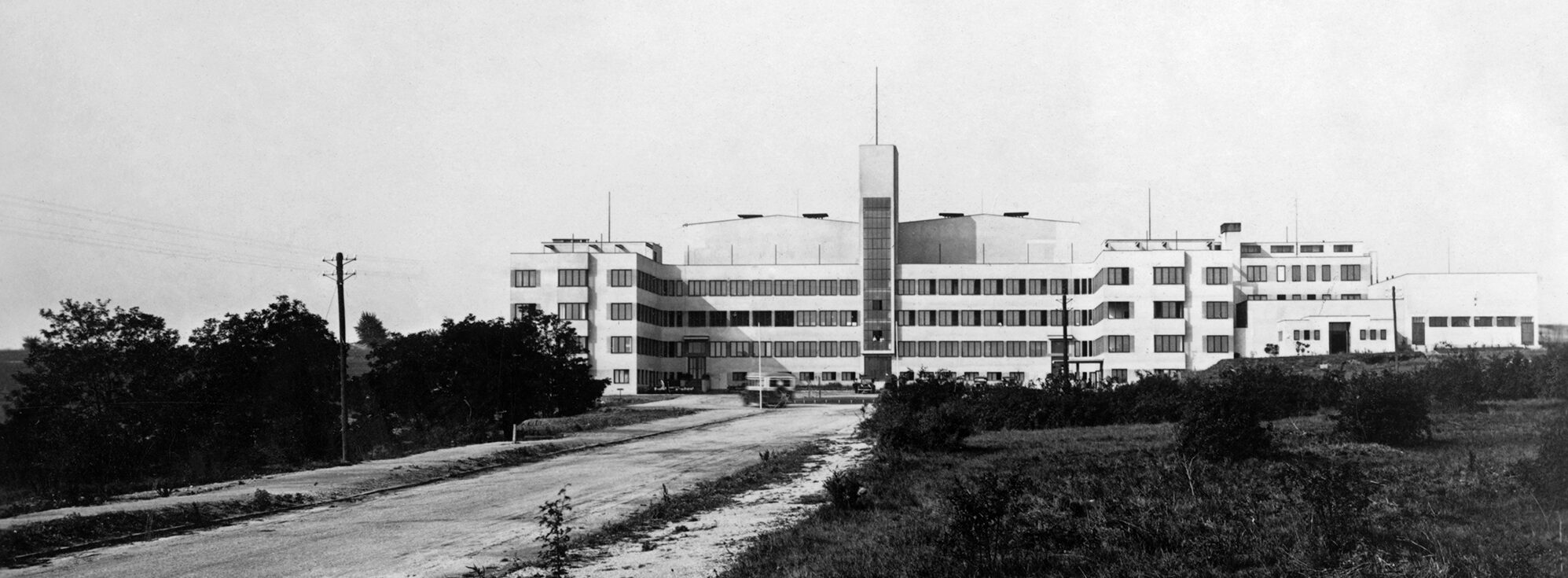
Genius loci accompanied the birth and further life of one of the largest European film studios, which has been attracting filmmakers from all over the world since 1931.
At a mountain plateau overlooking Prague, a villa complex for film stars and entrepreneurs grew up around a picturesque garden restaurant, together with the most advanced sound film studios of the time. The studios were founded by Miloš Havel, the father of the former Czech president, and the brother of the architect, Ing Václav Havel. The name Barrandov was inspired by the bronze memorial plaque mounted on the mountain plateau above Prague, reminding of the stay of Joachim Barrande, the French scientist and friend of the Czech nation, known for his discoveries of trilobites.
The studios were built in the typically Havel-style breathtaking tempo – with the groundbreaking ceremony taking place already 23 November 1931, and the first day of shooting scheduled for 25 January 1933 - when a new film, Murder in Ostrovní Street, directed by Svatopluk Innemann, started shooting in the brand-new studios. Max Urban, a top architect, urbanist, and film director, became the main designer of the studio. On interiors and sound stage spaces design, he cooperated with architect Rittershain. Implementing the latest international know-how, they managed to create the most advanced film studios in Europe. Like a mythic phoenix, the iconic building of the film studio spread out its wings on the Barrandov hill. Already during its first years, the studio has released a long chain of films, today belonging to the golden collection of Czech cinema.
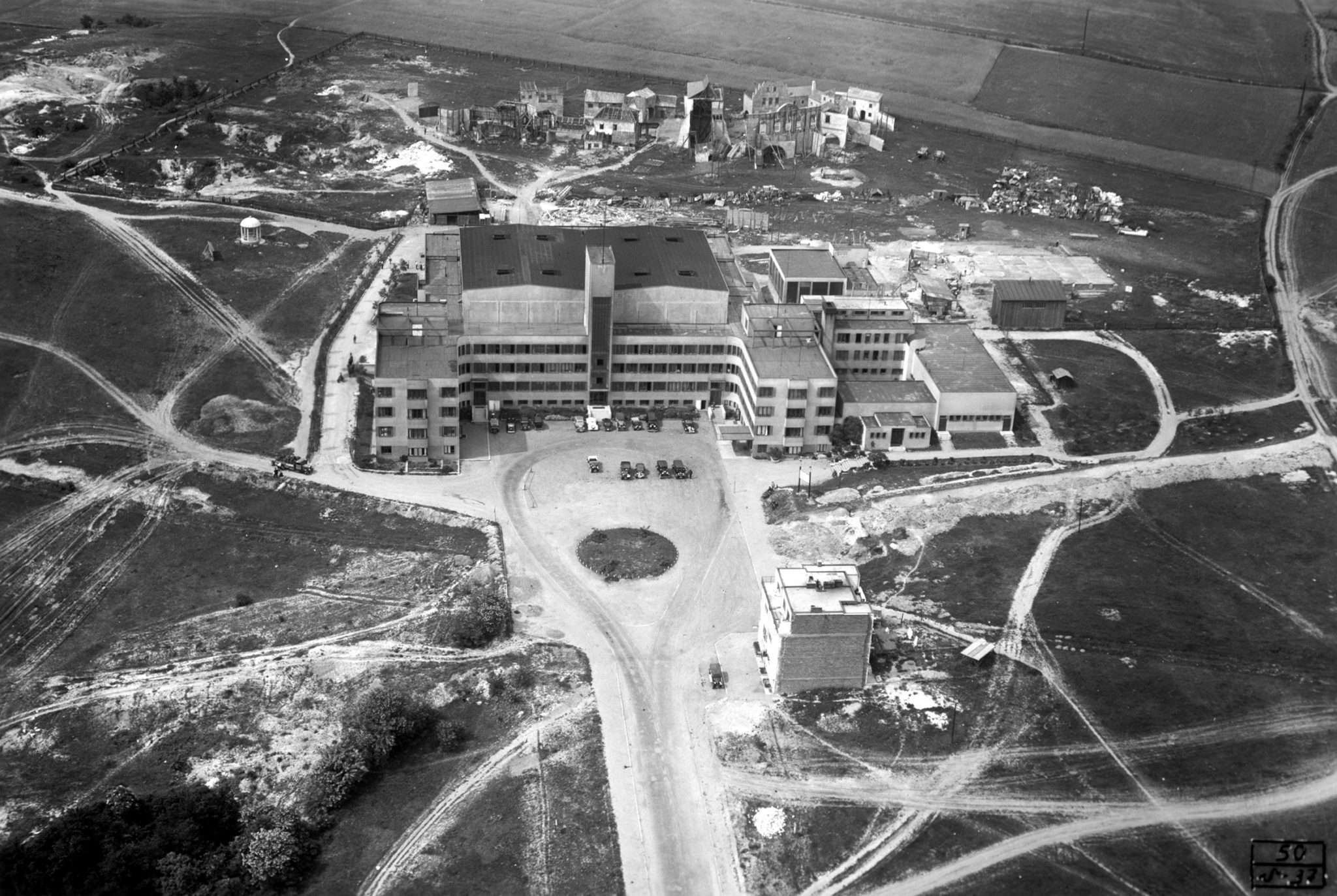
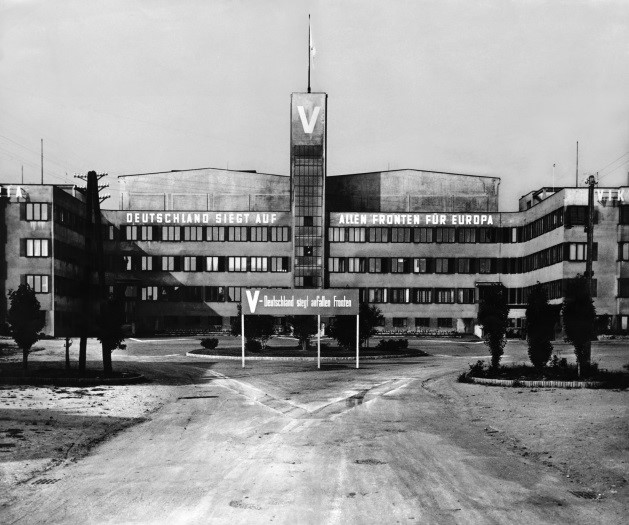
The fateful 1939 German occupation of Czech lands resulted in confiscation of Barrandov studios, which became a welcome war booty. German film production, controlled by Goebbels and his systematic propaganda, could take great advantage of the well-equipped studios to make films suiting the Nazi taste. Barrandov was eventually forced away from Czech entrepreneurs and, without consent of Miloš Havel and the board of directors, made available for the winners. Germans gradually increased their share in the company to the extent that the original Czech A-B company ceased existing and the newly found German Prag-Film took its place. In addition to the original Havel´s Old Halls, Germans constructed three more sound stages, so called New Halls. Over the course of the war, 82 films had been made in the studio.
During the Prague uprising in May 1945, when the studios were fought for too, several wooden buildings were damaged by fire. After the liberation, the studios were not returned to their original owners. In 1944, leftist-oriented Czech filmmakers sent the exile government in London a proposal requesting nationalization of the studios. The president acceded to their request by signing Edict No. 50. Miloš Havel, the former film tycoon and entrepreneur, settled in Munich to never return to his homeland. After 1948, when, on the basis of a governmental decree, the nationalized Czechoslovak State Film was established, the well-equipped Barrandov, which was almost untouched by the war, became the most important foundation
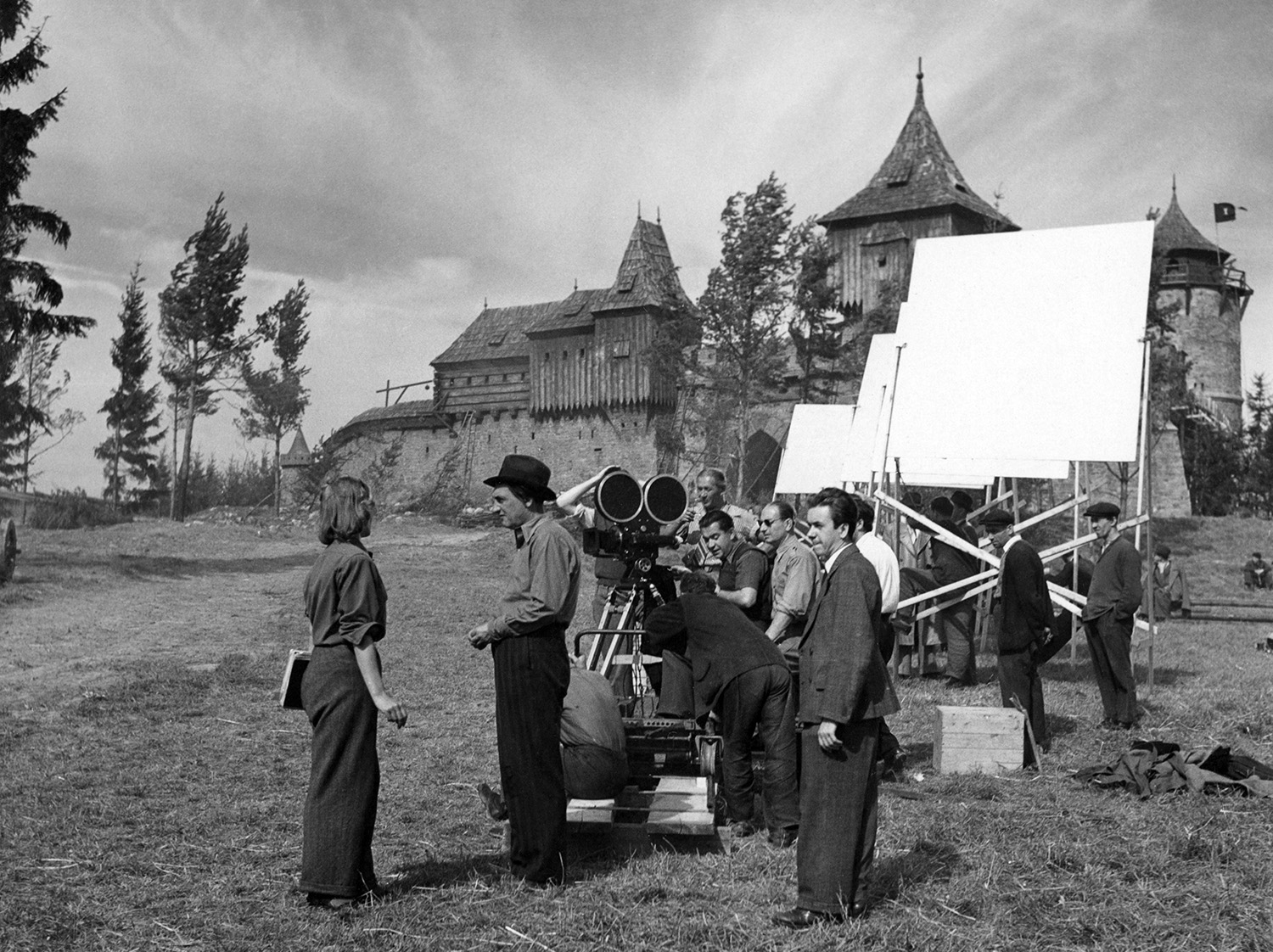
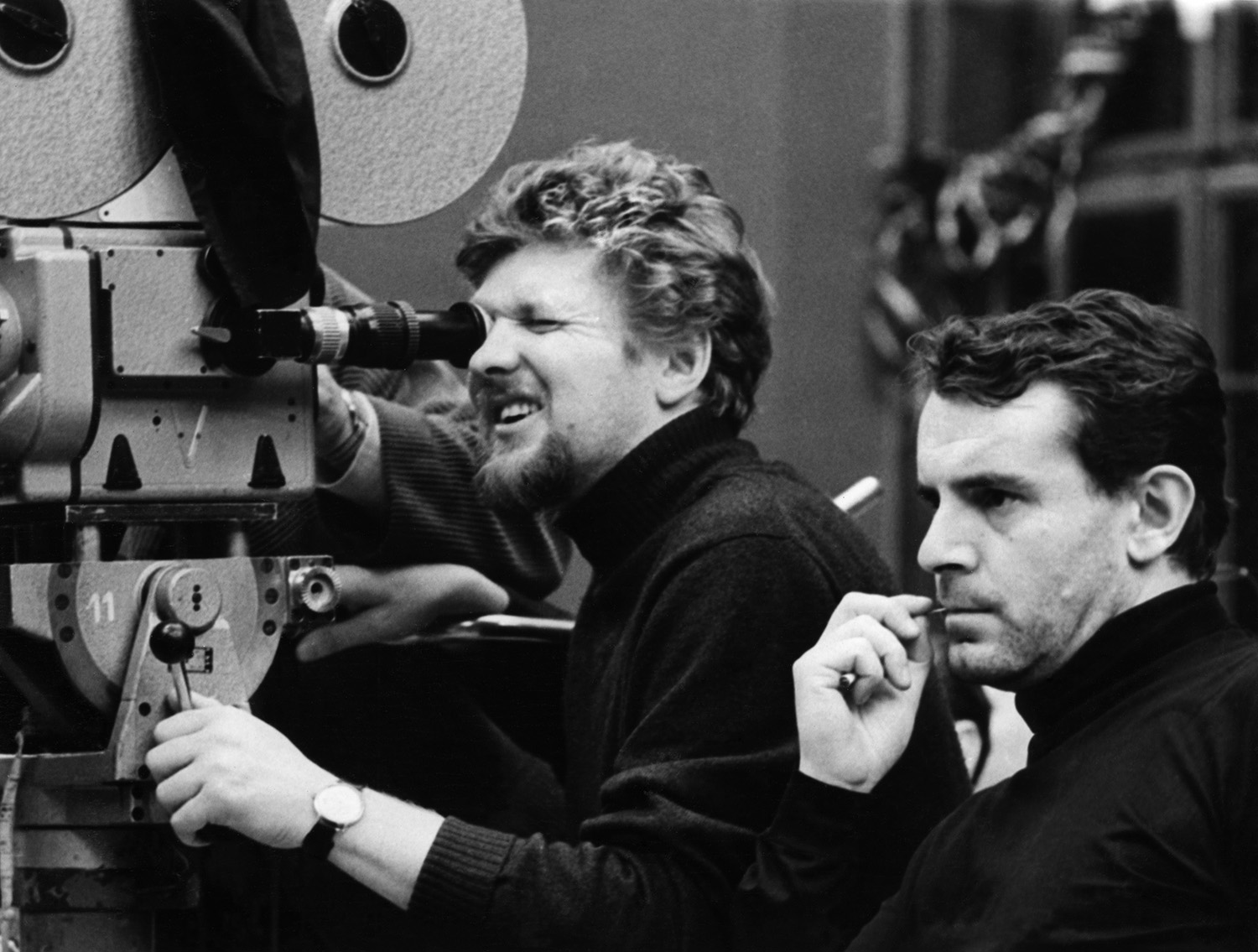
of the renewed national cinema. From the abundance of films that originated at the studios during the forty years of communist rule, many propagandistic works have long been forgotten, but several jewels of postwar cinematography, culminating in the 1960s, with the emergence of the “Czech New Wave” live on.
In the manner of France, Barrandov studios welcomed young generation of filmmakers, which, subsequently, left a deep imprint on European and even world cinema: Miloš Forman, Věra Chytilová, Jiří Menzel, Pavel Juráček, Jan Němec, and Evald Schorm. Among several important directors, not claiming allegiance to the new wave were Karel Kachyňa, František Vláčil, Vojtěch Jasný, and Jaromil Jireš.
Two Barrandov films – The Shop on Main Street (1965, directed by Ján Kádár and Elmar Klos), and Closely Watched Trains (1966, directed by Jiří Menzel) – gained Oscar for the best foreign film, and two films by Miloš Forman – The Loves of a Blond (1965) and Firemen´s Ball (1967) – were nominated for the same award. The American Academy awards together with numerous European prizes raised the profile of Barrandov studios which started to attract international crews to Prague. One of them was Milos Forman´s team of Amadeus. Barbra Streisand filmed her directorial debut Yentl here and Sergei Bondarchuk, director of Oscar winning War and Peace made his epic film Boris Godunov at Barrandov studios too.
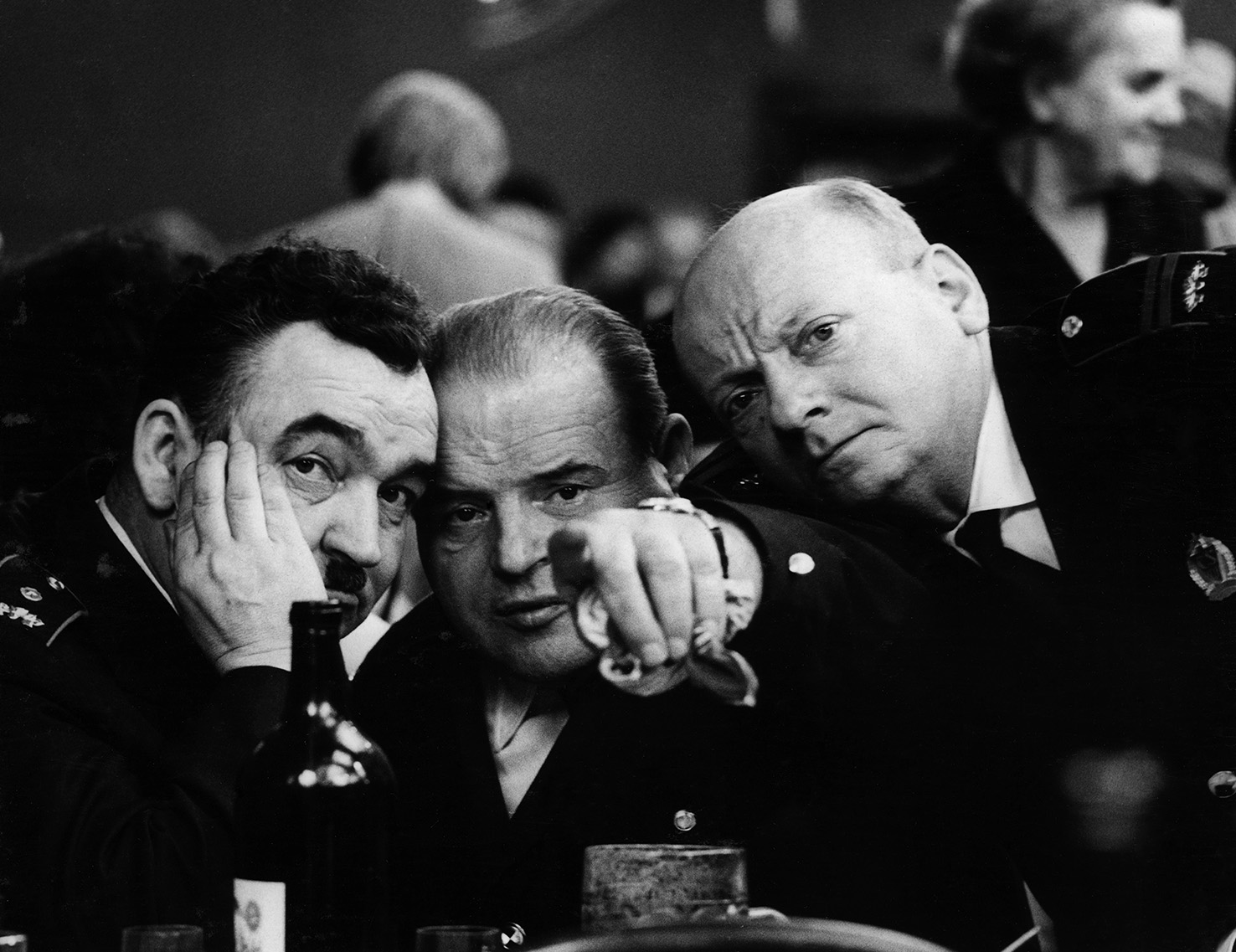
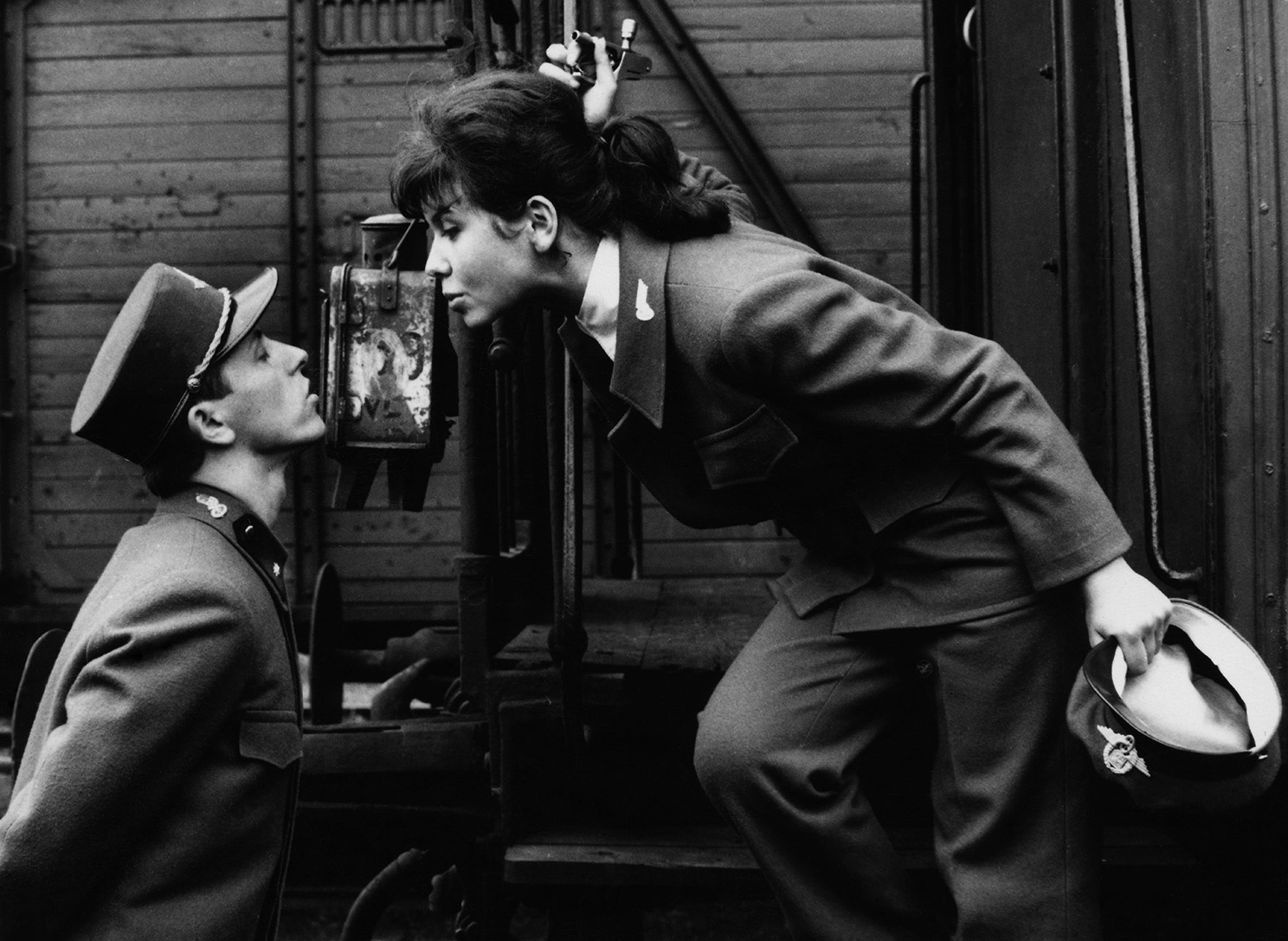
For domestic film production, Barrandov Film Studio implemented the American model of several genre-specific production groups. The studio employed its own script writers and the best Czech actors. In the 1980s, the studio´s annual production numbered around 30 feature films, including the major part of Czechoslovak Television TV series´ production too, employing up to two thousand professionals of various areas. Cinema of that time was fully subsidized by the state.
After the occupation by the armed forces of the Warsaw Pact countries in 1968, not many significant works were created in Czechoslovakia. Several directors, including Ivan Passer, Miloš Forman, and Jan Němec, chose to emigrate and, with a lot of effort, they finally made it abroad too. Films for children and youth, which succeeded to escape the shackles of ideology, were saving international reputation of Barrandov Studio. Jiří Hanibal´s Grandpa, Kilian and I got Grand Prix at Venice IFF, and the adaptation of Mark Twain’s The Adventures of Tom Sawyer, transposed to 1920s´ Bohemia and released under the title of Boys Will Be Boys, was awarded at numerous festivals. German-speaking countries were overwhelmed by Jindřich Polák’s TV series Pan Tau (Pan Tau auf Reisen). Václav Vorlíček’s legendary Three Wishes for Cinderella has been rerun at every Christmas to this very day not only in Germany but also in Norway. The production of filmed fairytales for theatrical distribution became a remarkable European rarity.
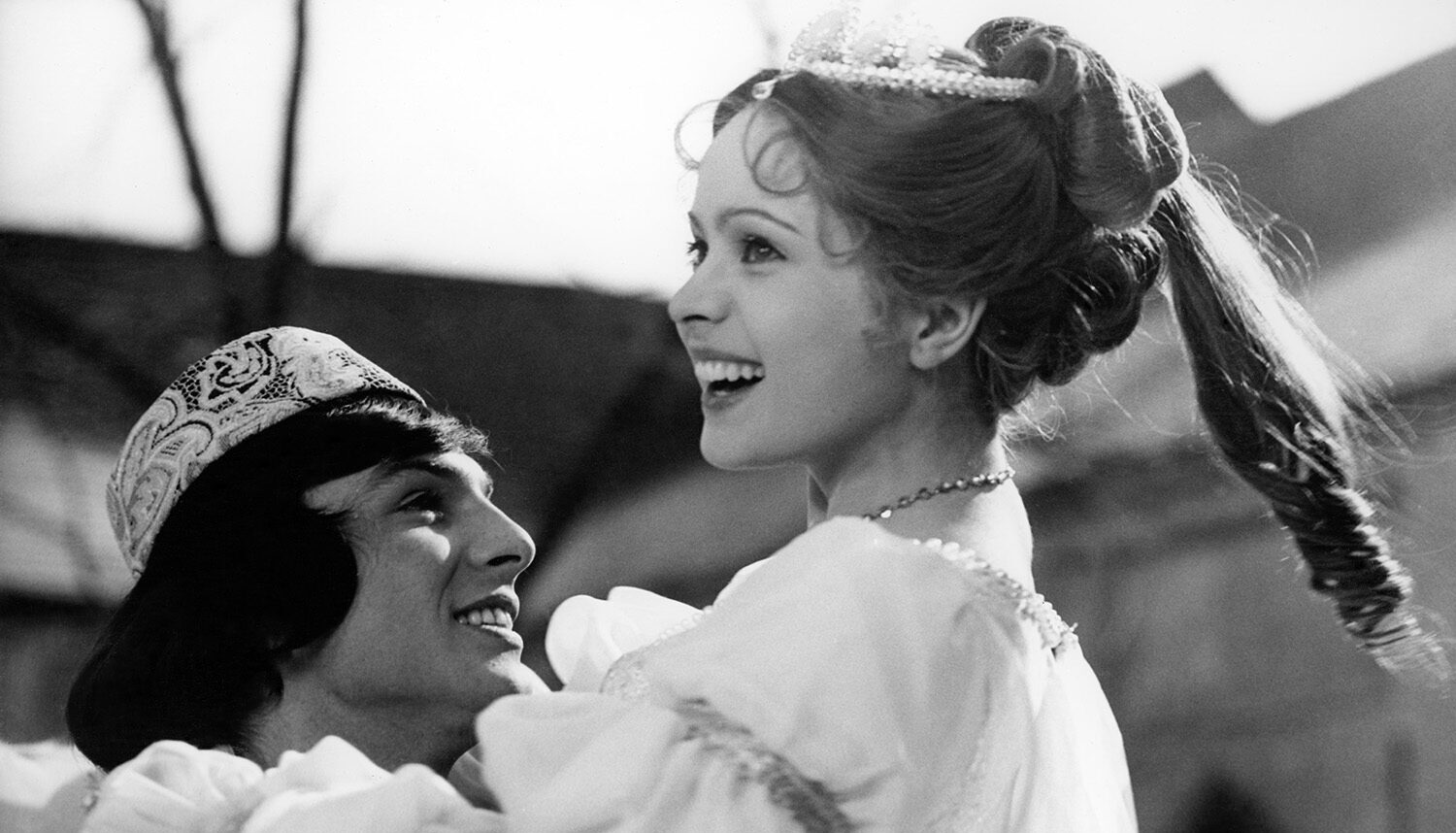
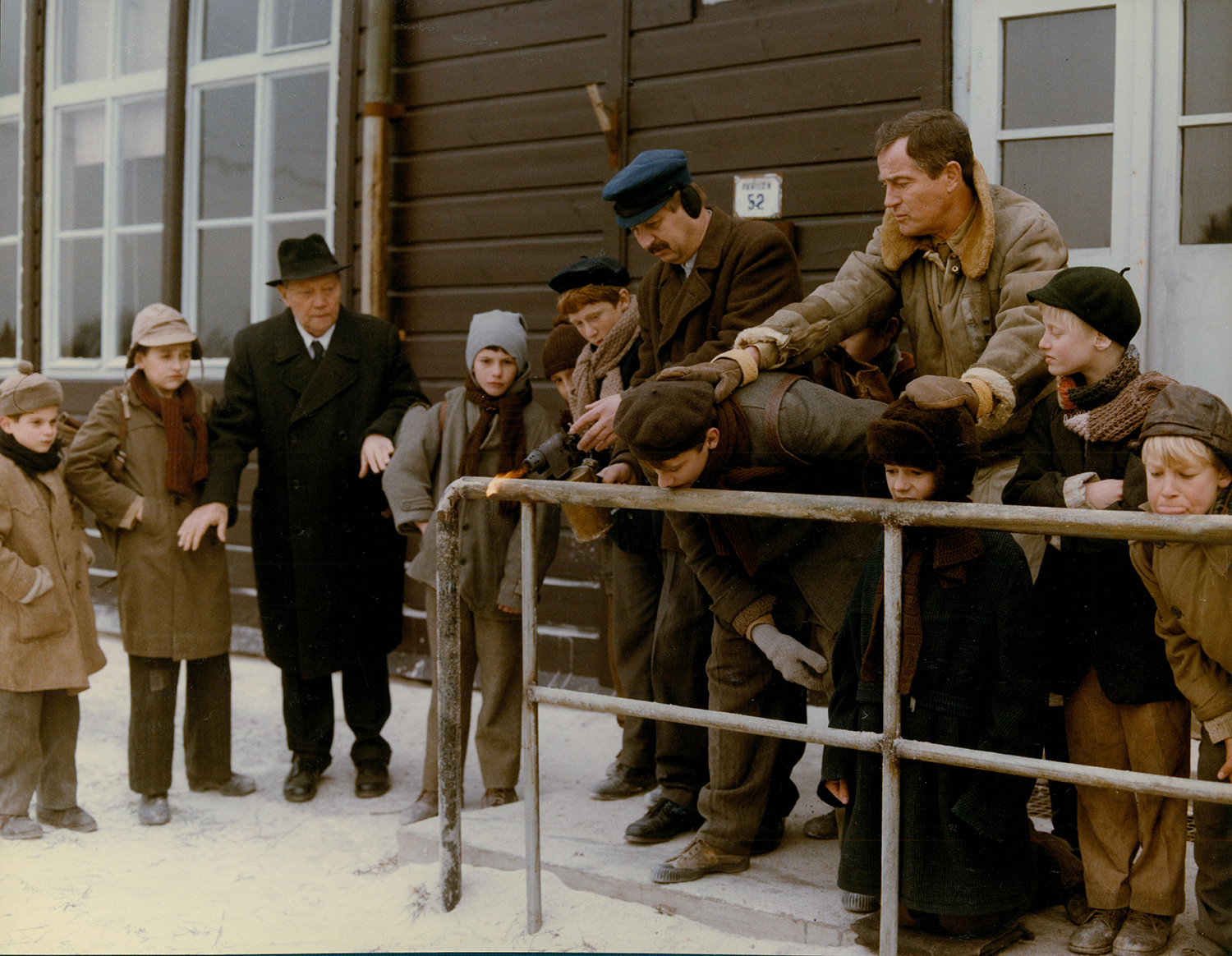
As a result of M. Gorbachev´s perestroika, the atmosphere at the legendary dream hill above Prague became more relaxed and the genius loci started to work again. Jiří Menzel´s My Sweet Little Village (1987) and the debut of Jan Svěrák, (later the Oscar winner for Kolja) The Elementary School (1991) were nominated for Oscar. The Time of Servants (1990) by Irena Pavlásková brought three awards from “A” category film festivals and ten awards from other important world film events. The fall of communism in 1989 resulted in dramatic changes in the operations of the studios. State subsidies ceased being directed towards films, the studios at Barrandov were gradually privatized, and thus began their new era within an environment of renewed democracy.
Since 1990, Barrandov studios has opened its doors to international productions – mainly from USA, UK, France, Germany, and Russia. Among the most significant films made at Barrandov between 1990 and 2021 was Mission Impossible, The Barber of Siberia, Dune, Knight's Tale, Illusionist, The Chronicles of Narnia, James Bond: Casino Royale, Snowpiercer, or Jojo Rabbit.
Barrandov Studio managed to cope with all the economic and social changes it has encountered during 90 years of its existence, continuously attracting domestic and international filmmakers, who keep returning to Prague wherever they come from.
